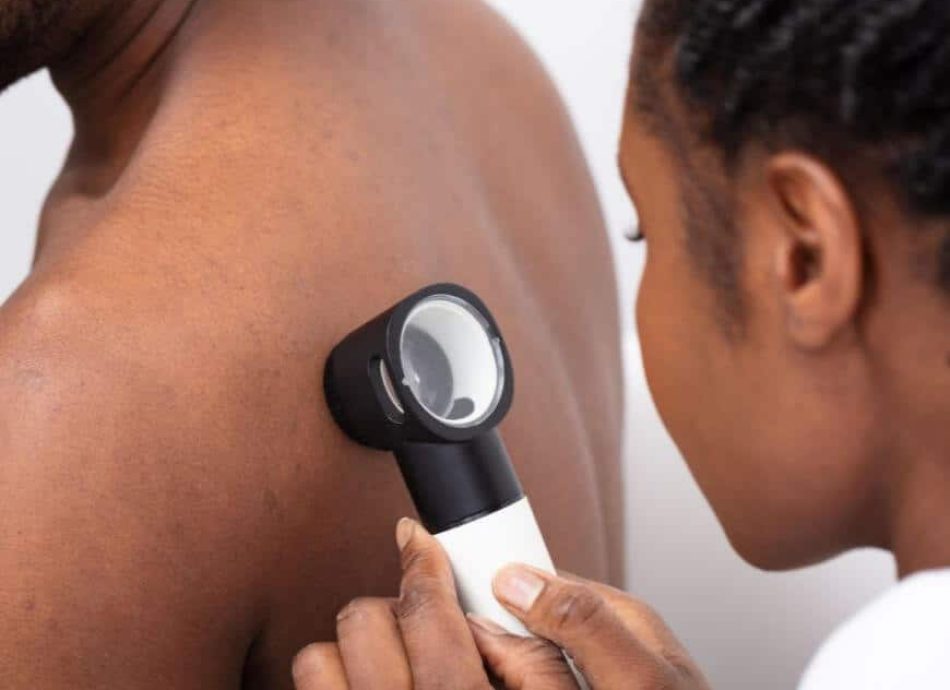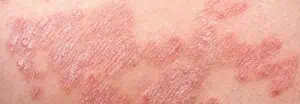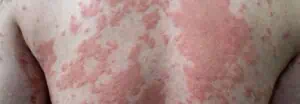FUNGAL NAIL TREATMENTS Include:
fungal nail treatment kent
Having normal nails is important, and something most of us take for granted. When nails are abnormal, they can have an impact on the quality of life both from a mechanical point of view and a cosmetic point of view.
For both of these reasons, understanding what is going on in the nail is vital to taking the next step, and that is planning the management of that nail problem.
The integrity of the nail can be influenced by a number of different things including the age of the individual, their hobbies and occupation, and their general health, as well as disease of the nail unit itself.
Common diseases affecting the nails include psoriasis and eczema, usually thought of as skin diseases; however, the nails are specialised parts of the skin and can be included in the disease process along with the skin itself.
Other causes of nail abnormalities include congenital conditions (ones you have inherited from your parents), although these are generally rare; and other acquired conditions like lichen planus, alopecia areata and fungal nail infections.
How Are Fungal Nails Treated?
Firstly, before any therapy, a diagnosis is needed. From the information above, it becomes clear that a full history of the problem is needed, plus examination, and then blood tests, nail samples and an X-ray, if indicated.
Once the picture is clear as to the cause(s), treatment can be planned as appropriate. This may be treatment with anti-fungal agents to combat infection; therapy aimed at eczema or psoriasis; or surgery to a lesion of some sort.
For some nail abnormalities, there may be no effective treatment available, however, beautifying the nails, especially for women, can be advised upon.
Having abnormal nails is not pretty, and being able to disguise them may be the only short-term solution. A Consultant Dermatologist can give the best advice to help treat and and our beauty therapists have the necessary skills to help in the disguising issues, as needed.
Frequently Asked Questions
WHAT ARE THE COMMON NAIL ABNORMALITIES?
- Brittleness: increases with age and can be associated with iron deficiency in some people.
- Roughness: common and usually of little significance.
- Pits: classical feature of psoriasis, but also found in eczema and in alopecia areata.
- Onycholysis (fungal nail infection)
- Lifting of the nail from the underlying nail bed, which can be found in psoriasis, fungal infections, overactive thyroid, lesions under the nail, associated with some medications, and sometimes without cause.
- Discolouration: white marks are common and normal, generally white nails can be found in liver disease, pale nails in anaemia, yellow nails in fungal infections, green-blue ones in pseudomonas infection, black-brown with bruising, moles or melanoma.
These are just some of the abnormalities that can be found in nails, and some of the associated causes. Other abnormalities include ridging, washboard nails, thickening, scarring and loss of nails, all with a variety of causes.
WHAT ARE FUNGAL NAIL INFECTIONS?
Also known as onychomycosis, fungal nail infection is most commonly found in the toenails and is usually caused by a dermatophyte.
Many patients suspect that they have a fungal nail condition and don’t seek professional advice out of embarrassment. This self diagnosis can be harmful to the patient, as failure to treat the infected nails could result in the spreading or worsening of the infection.
Seeking a professional opinion can help put your mind at ease and allow you to treat your condition in a swift and effective way. In many cases genetics, lifestyle and hobbies can cause their infection, and outside opinion can help you recognise the root cause of your condition.
There are 4 patterns of nail involvement, with differing clinical considerations. It is very important to confirm the diagnosis before considering any treatment strategies going forward.
Topical therapies can be useful in some circumstances, but systemic treatment is typically needed to cure the disease. There are potential side effects from the oral drugs that are usually used, and laser therapy has become increasingly popular as this can kill off the fungi allowing the nail to recover, but without risk of systemic side effects at all.
Proof of nail infection is required before embarking on any treatment. Some GPs will carry out this test for you. Alternatively this test can be carried out in the clinic with us at the same time as your initial consultation. The test results can take up to 3 weeks to come back.
We usually carry out laser treatments at 4 week intervals and 3 treatments are initially undertaken. A topical agent is usually prescribed at the same time, partly to reduce the risk of re-infection occurring.
The experts say:
Fungal nail infections can be a debilitating condition for some suffers. Not only can it cause some discomfort and issues in daily life for sufferers, but it can have a profound effect on their confidence. For many suffers, they dread the summer months as it becomes less possible for them to wear footwear that covers their condition due to the heat. If you have seen a visible change in the look of your toenails the team at Canterbury Skin and Laser Clinic strongly suggest you seek professional help. The sooner your condition is diagnosed the sooner you can gain relief and prevent permanent damage to the condition of your toenails. Canterbury Skin and Laser Clinic has a devoted team of cosmetic professionals that are trained and well experienced at treating toenail conditions such as fungal nail infections, and are more than capable of providing the solution that you desire whilst providing the highest standard of patient care to you.
REQUEST A CALL BACK
Please fill in this form and one of our team will give you a call back to arrange a consultation with one of our expert dermatologists.

What our Customers Say
WHY TREAT YOUR FUNGAL NAIL INFECTION AT CANTERBURY SKIN AND LASER CLINIC?
Hives are an extremely common skin condition and we understand the impact that severe rashes can have on daily life. Here at Kent’s leading private skin and laser clinic, our experts are specialists in all aspects of dermatology, skin cancer, anti-ageing and beauty treatments. We are one of the few skin clinics in the UK where all medical consultations and treatments are provided by specialist doctors with Dermatology experience and laser training.
Canterbury Skin and Laser Clinic is regulated by the Care Quality Commission, ensuring the best level of treatment is provided to you in a safe environment. Our Clinical Lead Dr Mark Hudson-Peacock is a member of the British Association of Dermatologists, the British Laser Medical Association, the British Hair and Nail Society, the European Academy of Dermatology and Venereology and is certified by the Consulting Room. We have won many awards including the WhatClinic Patient Service Award in 2019 and the ghp Healthcare and Pharmaceutical Awards 2019.
Latest INSIGHTS AND ADVICE

Comprehensive Guide to Understanding Eczema
October is globally observed as Eczema Awareness Month, drawing focus to the people grappling with this challenging skin condition. Our mission, not just in October but always, is to empower you with robust knowledge about eczema‘s root causes, various treatments and useful coping techniques. This

Unravelling Psoriasis: The Focus of Psoriasis Awareness Month
Each August, we commemorate Psoriasis Awareness Month, a time dedicated to elevating public understanding of psoriasis – a chronic skin ailment affecting countless individuals worldwide. The initiative is designed to dispel myths surrounding psoriasis, encourage early detection and advocate for impactful treatment methods. To those

Safeguard Your Skin – The Comprehensive SPF Guide
Discovering the Power of Sunscreen The SPF label on skincare products might leave you puzzled, especially if you’re a skincare beginner. But worry not, we’ve got you covered. In this comprehensive guide, we’ll explore why SPF is essential for skincare, how to pick the right





